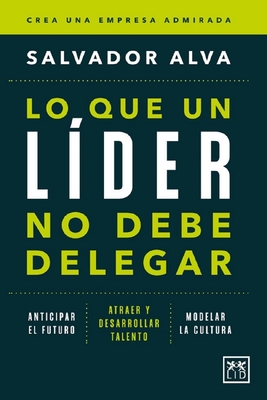
description
ge Eastman is the first biography since 1930 of the man who transformed the world of photography. In this revealing and informative work, Brayer shows us how such key innovations as roll film and the light, hand-held camera helped the Eastman Kodak Company dominate the world market. More importantly, Brayer draws a vivid portrait of the man behind the money. Eastman worked hard at staying out of the limelight and even insisted that his donations be kept anonymous, prompting the Boston Globe to call him "America's most modest and least-known millionaire." Despite his retirement in 1925, Eastman showed little sign of slowing down.Making money had been interesting, but putting money to work became more so. In the 1920s he designed a special camera for use in orthodontia and established elaborate dental clinics for needy children around the world. He oversaw the building of the Eastman theatre and the Eastman School of Music. His contributions built a new campus for the Massachusetts Institute of Technology and a new medical school for the University of Rochester. Finally, he becamethe largest contributor to the education of African Americans during the 1920s and the Tuskegee Institute's most important benefactor. Elizabeth Brayer lives in Rochester, NY. For the past 18 years she has served on both the George Eastman Legacy and the Landscape committees at the George Eastman House, International Museum of Photography and Film. She writes about the history of central and Western New York State. George Eastman: A Biography was nominated for a Pulitzer Prize in 1996.
member goods
No member items were found under this heading.
Return Policy
All sales are final
Shipping
No special shipping considerations available.
Shipping fees determined at checkout.







